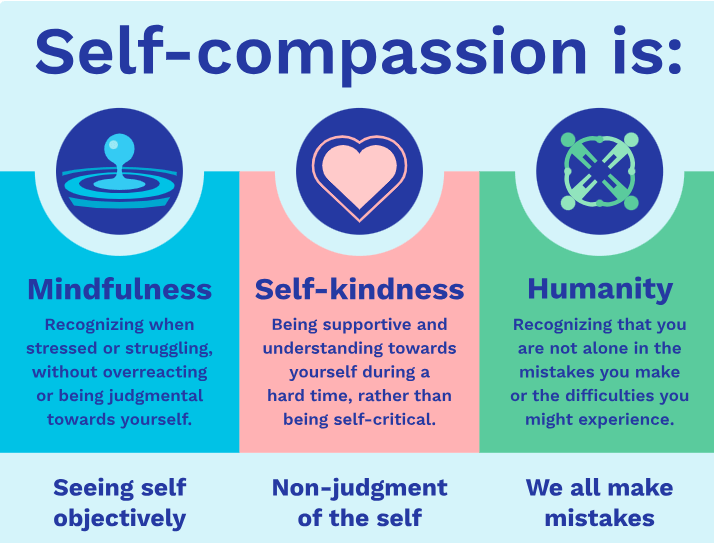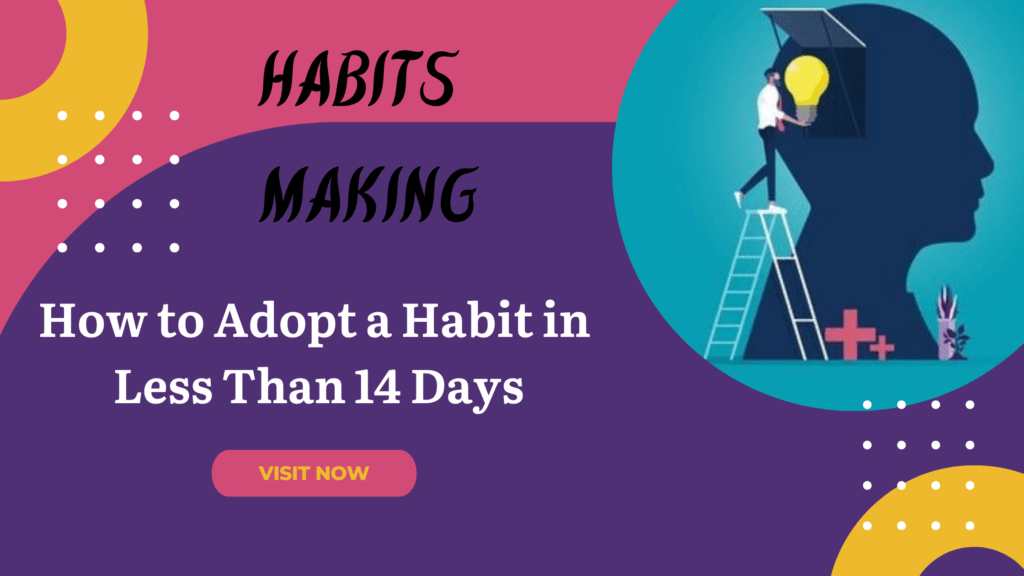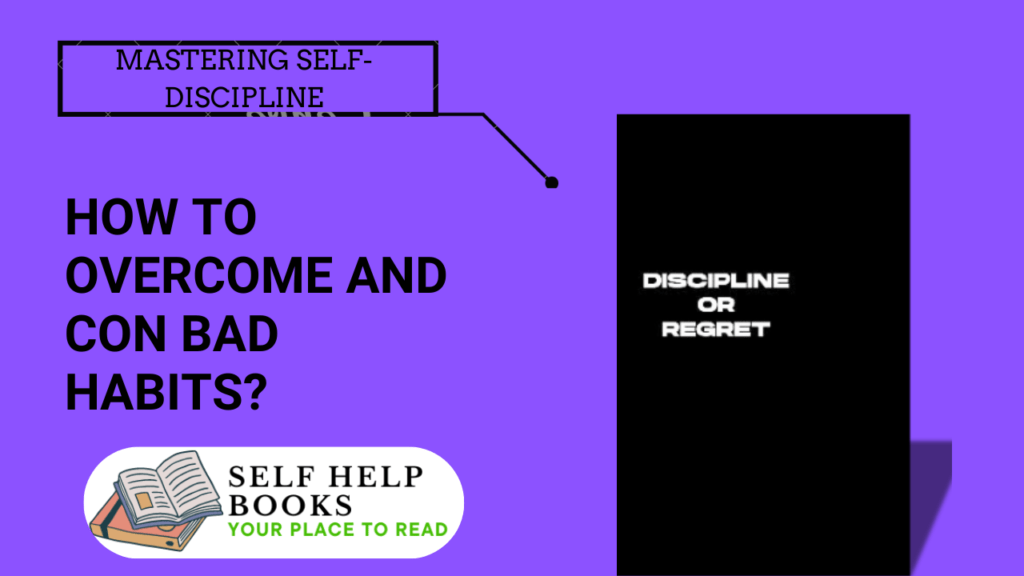How to Cultivate Self-Awareness for Personal Growth? Self-awareness is key to growing as a person. It lets us see our thoughts, feelings, and actions. This helps us understand how we affect others and ourselves.
By being more self-aware, we learn about ourselves. We find out what we need to work on. And we can reach our highest potential.
In this article, we’ll talk about the importance of self-awareness. We’ll cover its main parts and how to improve it. You’ll learn about mindfulness, emotional intelligence, and more.
The Power of Self-Awareness
Self-awareness is a key to personal growth. It lets us see and understand our thoughts, feelings, actions, and how they affect others. By developing self-awareness, we can change our lives in big ways. We learn more about ourselves and others.
Defining Self-Awareness
Self-awareness means knowing our strengths, weaknesses, values, beliefs, and what drives us. It’s the start of looking inward. We can reflect on our experiences, spot patterns, and understand our choices better.
Benefits of Cultivating Self-Awareness
How to Cultivate Self-Awareness for Personal Growth?Self-awareness brings many benefits. It helps us:
- Make better choices
- Be more emotionally smart and empathetic
- Communicate and connect with others better
- Accept and love ourselves more
- Reach our full potential for growth
Embracing self-awareness helps us face life’s challenges with clarity and strength. It’s a journey of self-discovery that changes our personal and work lives.
“The more self-aware you are, the more you will understand how your emotions and behavior impact the people around you.”
Also Read This
How to Stop People-Pleasing and Reclaim Your Time
Mindfulness and Presence
Mindfulness and presence help us grow and understand ourselves better. It’s about being fully in the moment, without judgment. This way, we can see our thoughts, feelings, and actions more clearly.
Mindfulness practices like meditation and deep breathing help us tune into our inner world. We learn to watch our thoughts and feelings with kindness. This helps us spot patterns and understand what drives us.
- Mindfulness makes us pause and think before acting. This helps us avoid acting on impulse.
- It helps us manage our emotions better. This shows we’re more in control and emotionally smart.
- Mindfulness improves our focus and decision-making. It keeps us grounded in the present.
Adding mindfulness to our daily lives can change us for the better. It brings self-awareness, emotional balance, and happiness. As we tune into ourselves, we make better choices and handle life’s ups and downs better.
| Benefits of Mindfulness | Impact on Self-Awareness and Self-Regulation |
|---|---|
| Increased focus and attention | Improved emotional awareness and self-regulation |
| Enhanced emotional regulation | Greater self-understanding and insight |
| Reduced stress and anxiety | Ability to make more conscious and responsive choices |
| Improved decision-making | Increased self-control and resilience |
By embracing mindfulness, we grow in self-awareness. This leads to personal growth, emotional smarts, and better self-control. These are key for facing life’s challenges and reaching our full potential.
“Mindfulness is the aware, balanced acceptance of the present experience. It isn’t more complicated than that. It is opening to or receiving the present moment, pleasant or unpleasant, just as it is, without either clinging to it or rejecting it.” – Sylvia Boorstein
Emotional Intelligence and Self-Regulation
Emotional intelligence is key to personal growth. It helps us understand and manage our feelings. This way, we make better choices, strengthen relationships, and succeed in life.
Understanding Emotions
To grow emotionally, we must first know our feelings. We need to identify and understand our emotions. Knowing what triggers them helps us see how they shape our actions.
Knowing our emotions is the first step to self-regulation. It lets us pause and choose how to react. This is better than just reacting without thinking.
Practicing Self-Control
- Develop mindfulness practices to become more present and attuned to your inner emotional landscape.
- Practice deep breathing, meditation, or other techniques to calm your mind and body when emotions run high.
- Identify your emotional triggers and develop strategies to manage them effectively.
- Cultivate empathy and perspective-taking to understand the emotions of others, which can enhance your ability to regulate your own responses.
Improving your emotional intelligence and self-regulation helps you face life’s challenges. You’ll make smarter choices and build stronger connections with others.
“Emotional intelligence is the ability to identify and manage your own emotions and the emotions of others.”
Self-Reflection and Introspection
To really know ourselves, self-reflection and introspection are key. These tools help us explore our thoughts, feelings, and experiences. They open up a deeper understanding of who we are.
Journaling and Meditation
Journaling is a great way to reflect on ourselves. Writing down our thoughts and feelings helps us see ourselves clearly. It lets us understand our experiences, patterns, and beliefs.
Meditation also helps us discover ourselves. It teaches us to watch our thoughts and feelings without judgment. This way, we can see our inner world more clearly and grow as individuals.
| Benefits of Self-Reflection and Introspection | Practices to Enhance Self-Awareness |
|---|---|
| Deeper self-understanding Identification of personal strengths and weaknesses Enhanced emotional intelligence and self-regulation Clarity in decision-making and goal-setting Increased self-acceptance and self-compassion | Journaling Meditation Mindful self-observation Seeking feedback from trusted sources Exploring personal values and beliefs |
By practicing self-reflection and introspection, we start a journey of self-discovery and self-acceptance. This journey helps us grow and become our best selves. It’s a path to true self-awareness and personal growth.
“The greatest journey of all is the journey inward.” – Rainer Maria Rilke
Embracing Self-Acceptance and Self-Compassion in How to Cultivate Self-Awareness for Personal Growth?

On our journey of self-awareness, self-acceptance and self-compassion are key. They help us understand ourselves better and grow. This leads to self-actualization.
Self-acceptance means loving ourselves, flaws and all. It’s about knowing we’re human and perfect is just an idea. By accepting ourselves, we can learn and grow without self-criticism.
Self-compassion is about being kind to ourselves, just like we are to friends. It helps us deal with life’s ups and downs. We learn from mistakes and celebrate wins without being too hard on ourselves.
Without self-acceptance and self-compassion, our self-awareness journey is incomplete. These qualities help us love ourselves truly. This leads to a fulfilling life.
“The greatest act of courage is to be and to own all of who you are – without apology, without explanation, without permission.” – Cheryl Strayed
| Trait | Description | Benefit |
|---|---|---|
| Self-acceptance | Embracing one’s flaws and imperfections without judgment | Fosters personal growth, reduces self-criticism, and promotes a sense of self-worth |
| Self-compassion | Treating oneself with kindness, empathy, and understanding | Enhances resilience, reduces stress, and promotes emotional well-being |
Conclusion
How to Cultivate Self-Awareness for Personal Growth? We’ve looked into how self-awareness changes us for the better. We’ve seen how mindfulness, emotional smarts, and looking inward can change our lives. These steps show us our true potential.
Self-awareness is a journey, not a quick fix. It’s about always learning about ourselves. This helps us understand our feelings, thoughts, and actions better. It lets us make better choices and face life’s challenges with confidence.
Keep working on your self-awareness. You’ll see many benefits. Better relationships, smarter choices, and feeling more fulfilled are just the start. Face the tough times, celebrate the wins, and let self-awareness lead you to a more fulfilling life.


